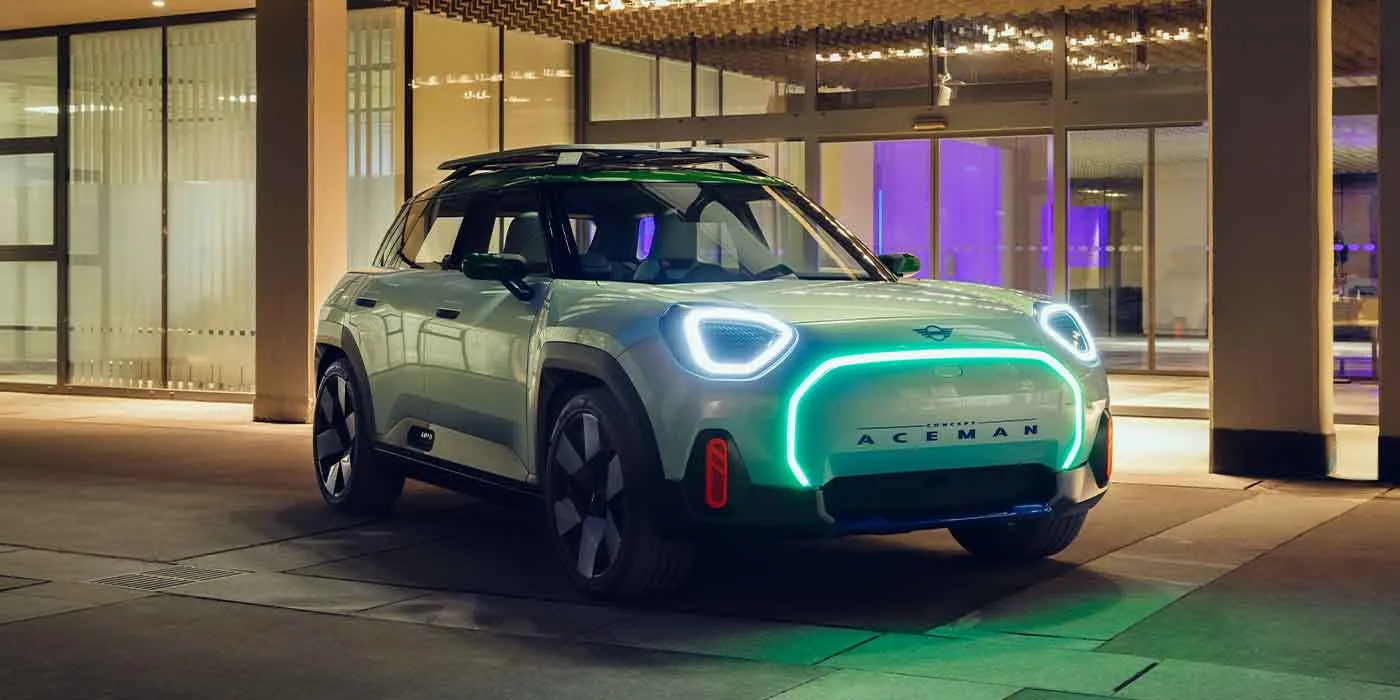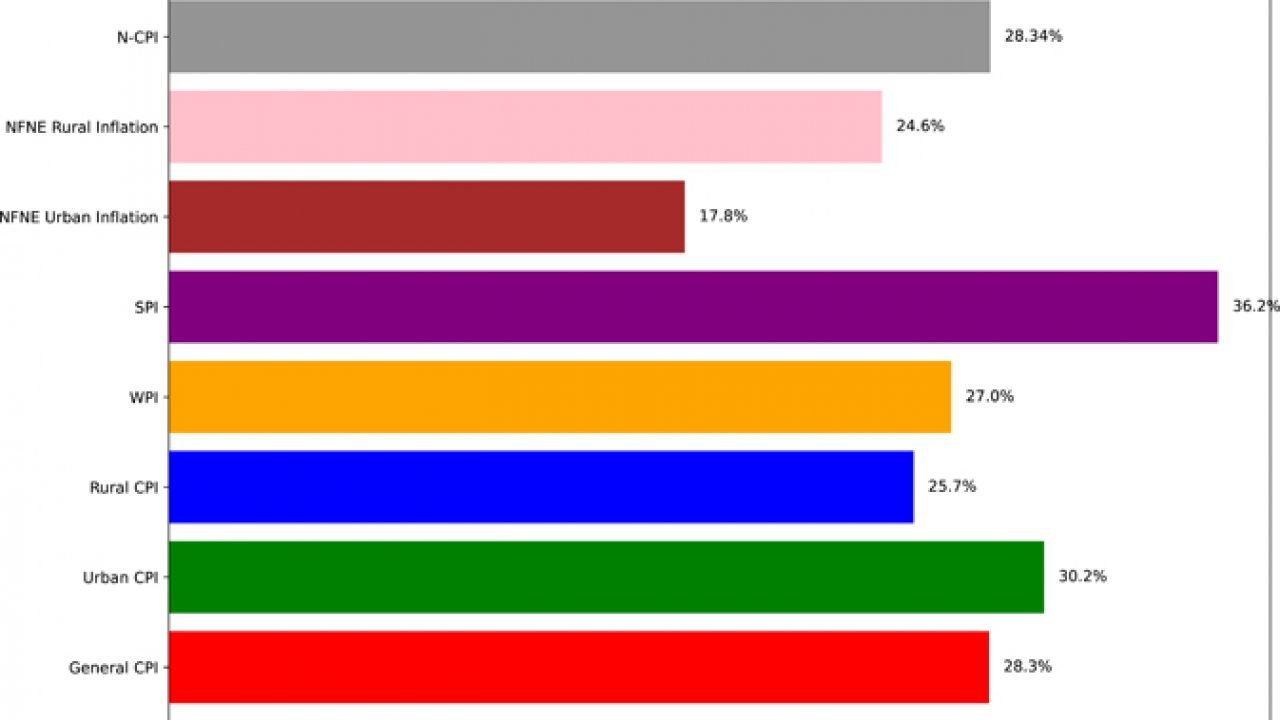BMW has announced a substantial investment of £600 million (approximately $750 million) in its UK plants to transition its iconic Mini brand to an all-electric lineup by 2030. This move serves as a significant boost to the British automotive industry, which has faced years of uncertainty due to Brexit-related concerns.
Starting in 2026, BMW, the German premium automaker, will manufacture two electric models, the Mini Cooper 3-door and the compact crossover Mini Aceman, at its Mini plant located in Oxford. By 2030, this plant will exclusively produce electric models. Additionally, these same two models will be manufactured in China, with exports of these electric cars commencing in 2024.
British Business Minister Kemi Badenoch is set to visit the Oxford plant to officially announce this substantial investment. The UK government has acknowledged that this investment contributes to the total investment in the automotive sector over recent years, surpassing £6 billion.
British Prime Minister Rishi Sunak praised BMW’s investment, stating, “BMW’s investment is another shining example of how the UK is the best place to build cars of the future.”
While BMW confirmed that the UK government provided support for this investment, specific details were not disclosed. The company also intends to invest in its UK plant in Swindon, responsible for manufacturing parts for Mini models. However, there is no information available regarding the fate of its engine plant in Hams Hall.
The original Mini, known for its compact size, agility, and affordability, was first introduced in 1959 and has maintained its popularity since BMW revived the brand in 2001. Nevertheless, the Mini’s future in the UK has faced uncertainty in recent years.
Despite this positive development, the automotive industry remains cautious, as both British and European carmakers are advocating for a delay in implementing post-Brexit “rules of origin.” These rules stipulate that, from 2024 onwards, 45% of the value of an electric vehicle (EV) being sold in the European Union must originate from either Britain or the EU to avoid tariffs.



